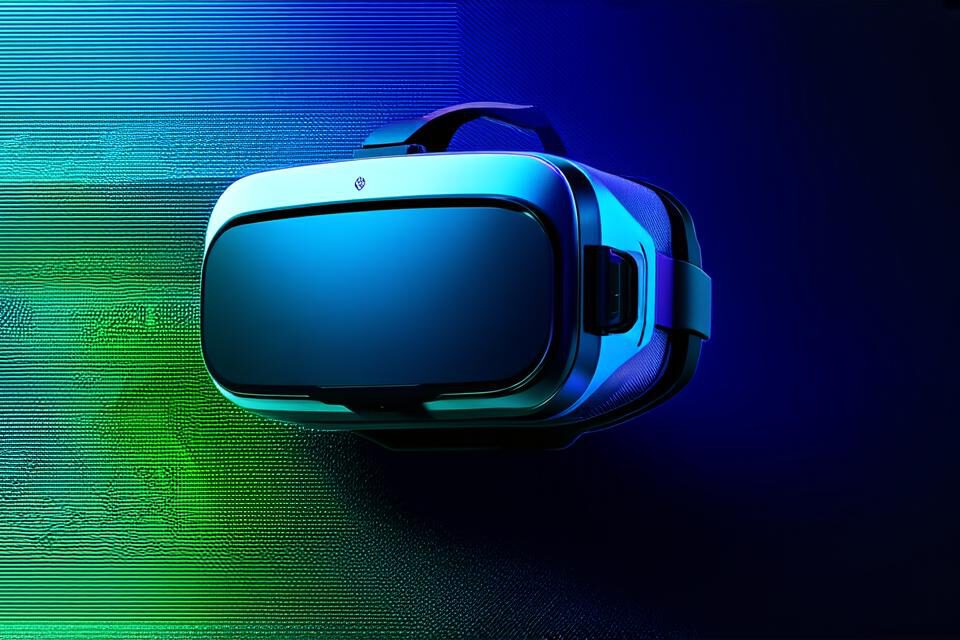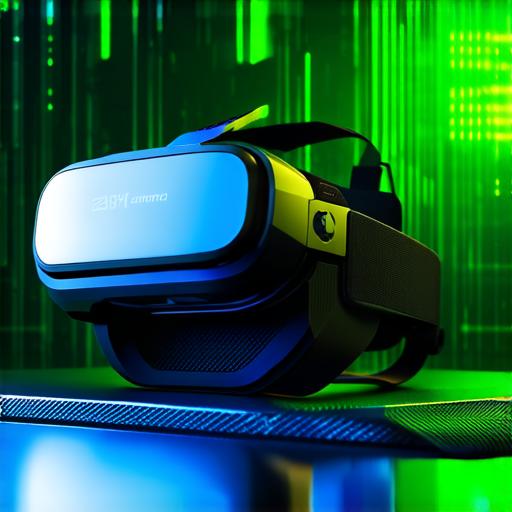Maximizing Your Business Potential with Virtual Reality App Development

In this article, we will explore some of the ways in which virtual reality (VR) technology can help businesses maximize their potential and attract more customers. We will also delve into what VR is, how it works, and some of its most popular applications in business.
What is Virtual Reality?
Virtual reality is a computer-generated simulation that immerses users in a completely artificial environment. It typically involves wearing a headset or other device that tracks the user’s movements and adjusts the environment accordingly, creating a seamless and realistic experience. While VR has been around for decades, recent advances in technology have made it more accessible and affordable than ever before.
Virtual Reality App Development: A Growing Trend
As VR technology continues to evolve, more businesses are turning to virtual reality app development as a way to engage with their customers and stand out from the competition. Some of the most popular applications of VR in business include:
-
Product Visualization: With virtual reality, businesses can create realistic 3D models of their products and test them in various environments before they’re even built. This allows companies to get a better sense of how their products will look and function in real life, which can lead to fewer costly mistakes and delays.
-
Training and Education: Virtual reality can be used to create immersive training experiences that simulate real-world scenarios. This is particularly useful for industries like healthcare, where hands-on practice can be dangerous or expensive. By using VR, students can learn new skills in a safe and controlled environment.
-
Tourism and Hospitality: Virtual reality can transport users to exotic locations around the world, allowing them to explore hotels, resorts, and other tourist attractions without leaving their living rooms. This is an especially popular application of VR for businesses that rely heavily on tourism and hospitality.
-
Gaming and Entertainment: VR has revolutionized the gaming industry, allowing players to immerse themselves in fully interactive environments unlike anything they’ve ever experienced before. This has opened up new opportunities for game developers and publishers, as well as for companies looking to create unique experiences for their customers.

Case Studies in Virtual Reality App Development
There are many businesses that have successfully used virtual reality app development to maximize their potential and attract more customers. Here are a few examples:
-
IKEA: The furniture retailer has created a virtual reality experience that allows customers to see how different pieces of furniture would look in their homes before they buy them. This has been a huge hit with consumers, who appreciate the ability to visualize products in a more realistic and immersive way than traditional 2D images or catalogs.
-
Starwood Hotels: The hotel chain has created virtual reality tours of its properties that allow users to explore the hotels and their amenities as if they were really there. This has been particularly popular with potential investors and developers, who appreciate the ability to get a better sense of what each property has to offer before making a decision.
-
Coca-Cola: The soft drink giant has created a virtual reality experience that allows users to explore its manufacturing facilities and learn about the production process. This has been an especially popular application of VR for businesses in the food and beverage industry, where consumers are increasingly interested in learning more about how their products are made.
The Benefits of Virtual Reality App Development
There are many benefits to virtual reality app development for businesses. Here are just a few:
-
Increased Engagement: VR technology is highly engaging and immersive, which makes it an ideal tool for businesses looking to capture their customers’ attention and keep them coming back.
-
Improved Customer Experience: Virtual reality can create more realistic and interactive experiences than traditional marketing channels like TV ads or print media. This allows businesses to provide a more memorable and enjoyable experience for their customers.
-
Cost Savings: By using virtual reality app development, businesses can test products and concepts in virtual environments before investing real resources into them. This can lead to cost savings by reducing the number of physical prototypes that need to be built and tested.
-
Competitive Advantage: Virtual reality technology is still relatively new, and many businesses have not yet embraced it. By using virtual reality app development, businesses can gain a competitive advantage by offering unique and innovative experiences to their customers.
Conclusion
Virtual reality technology has the potential to revolutionize many industries, from gaming and entertainment to education and healthcare.